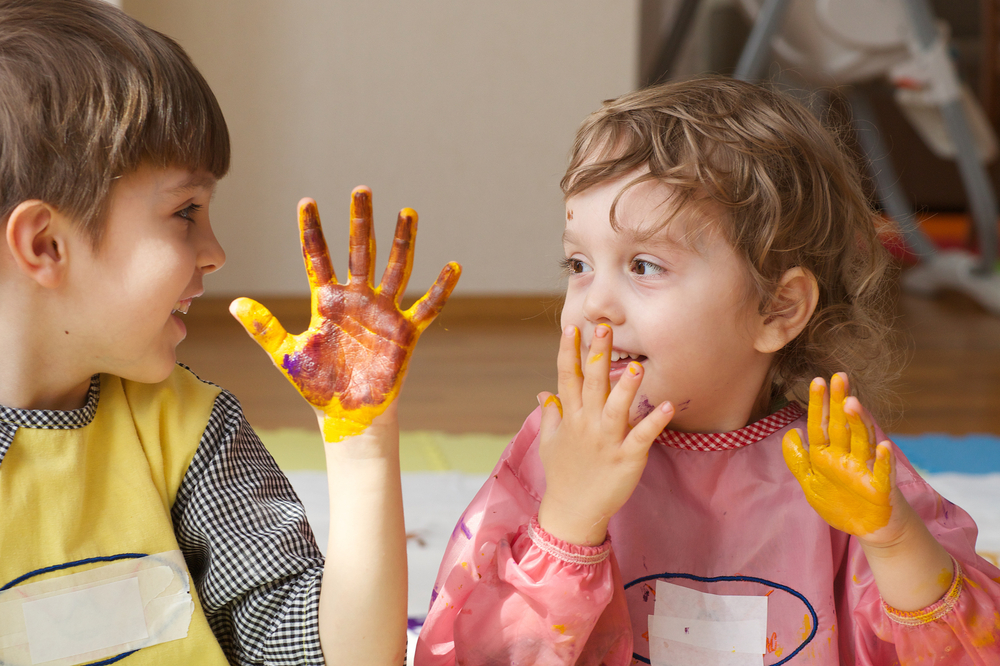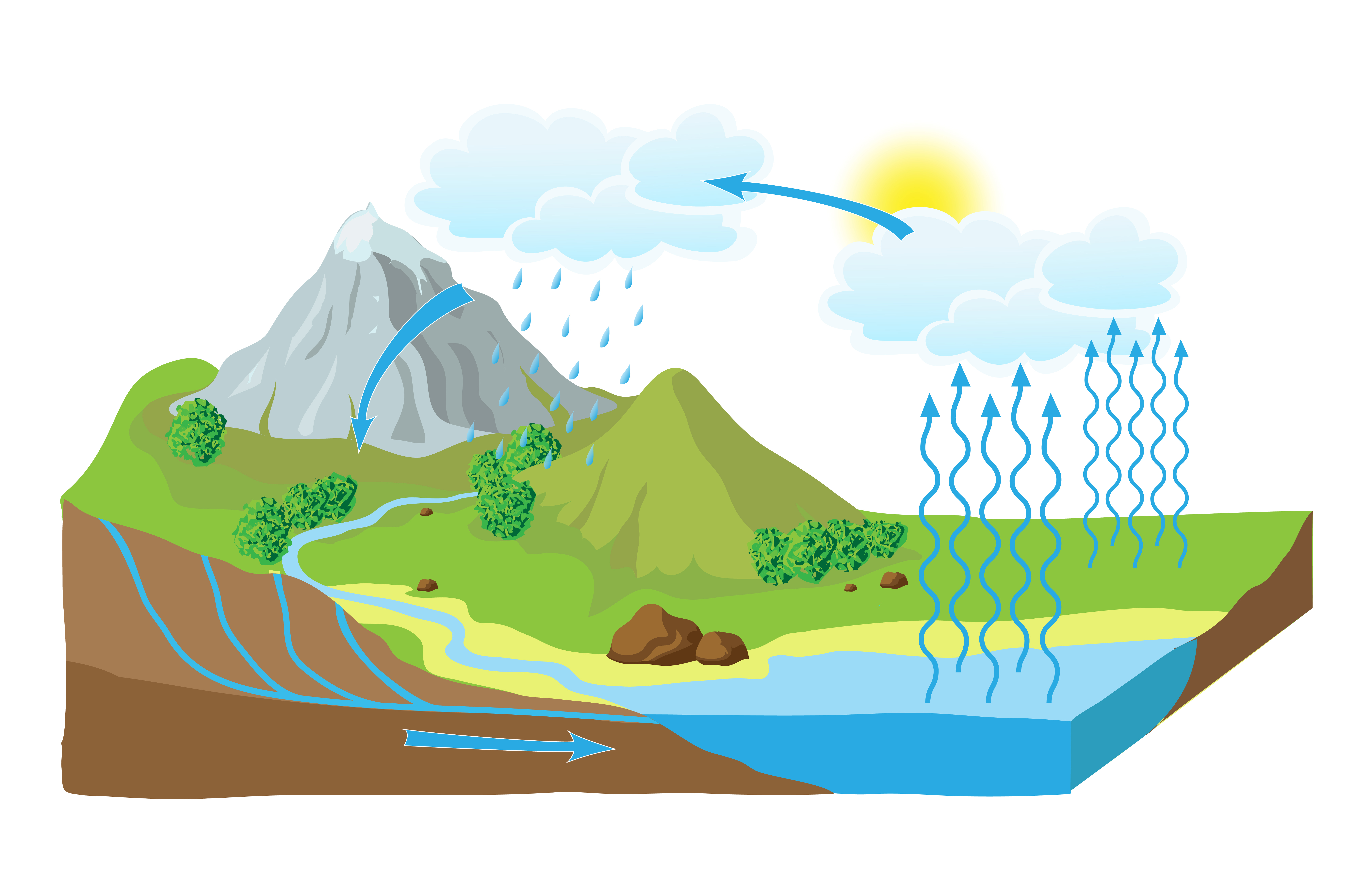Knowledge application Normal Science Worksheets
5 filtered results
-
From - To
Discover our engaging Knowledge Application Normal Science Worksheets designed to enhance young learners' understanding of scientific concepts. These thoughtfully crafted worksheets encourage students to apply their knowledge through fun activities, experiments, and problem-solving exercises. With an emphasis on critical thinking and real-world applications, kids can explore various science topics while reinforcing their skills essential for academic success. Ideal for classroom and remote learning, our resources are perfect for early grade teachers seeking to enrich their science curriculum. Give your students the tools they need to connect theory to practice and foster a lifelong love for science exploration. Start your educational journey today!
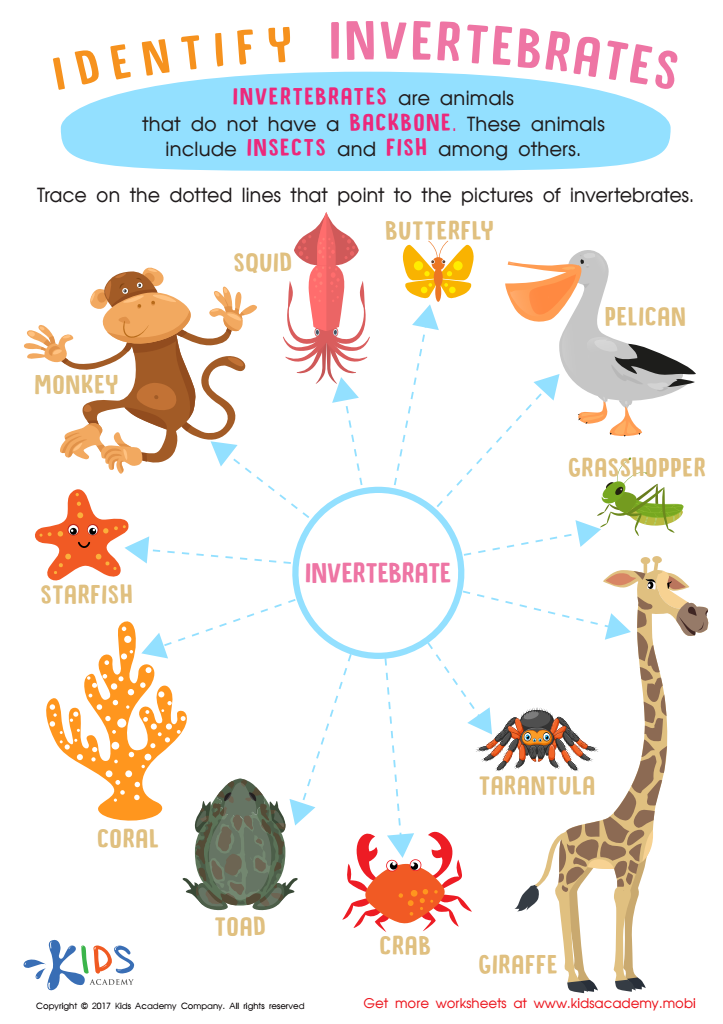

Invertebrates Worksheet for Grade 3
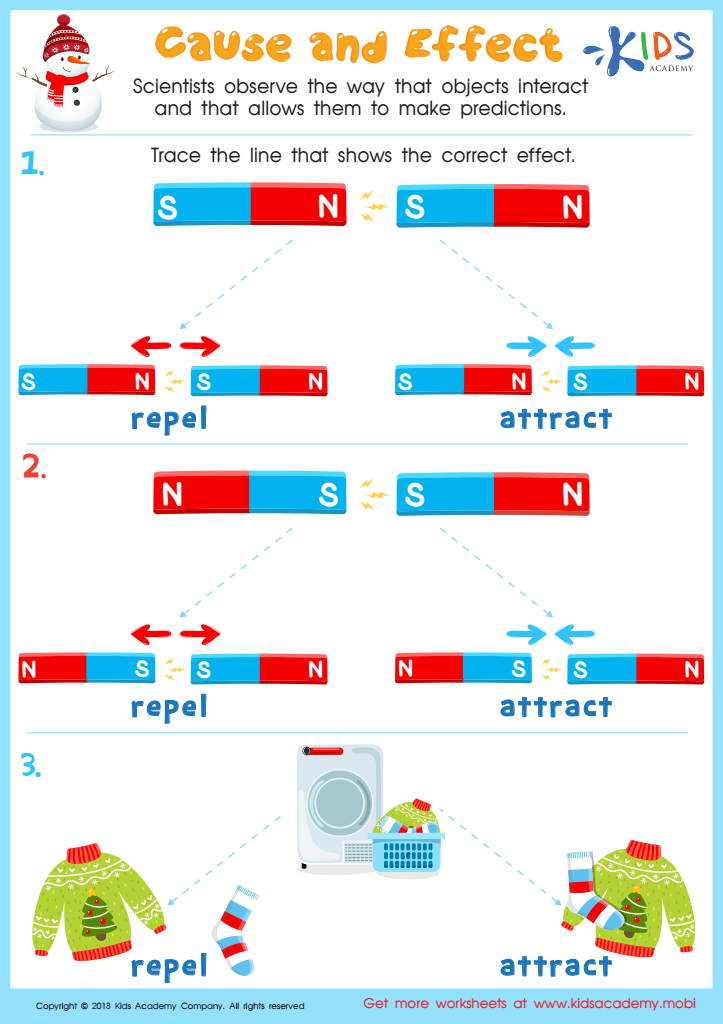

Repel and Attract Magnet Worksheet
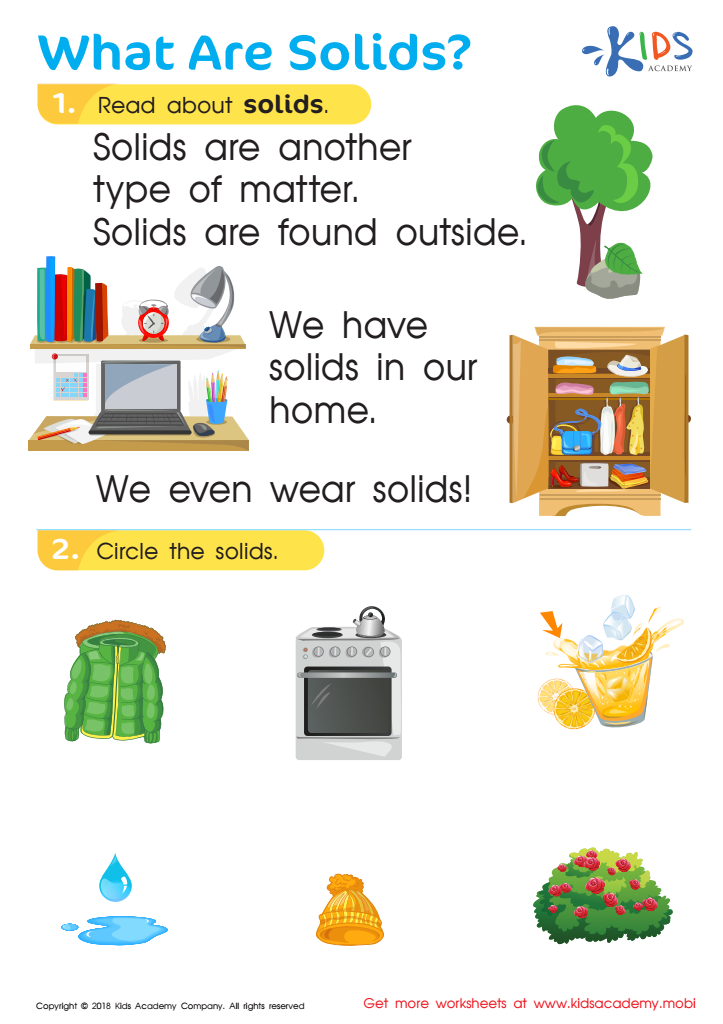

What Are Solids? Worksheet
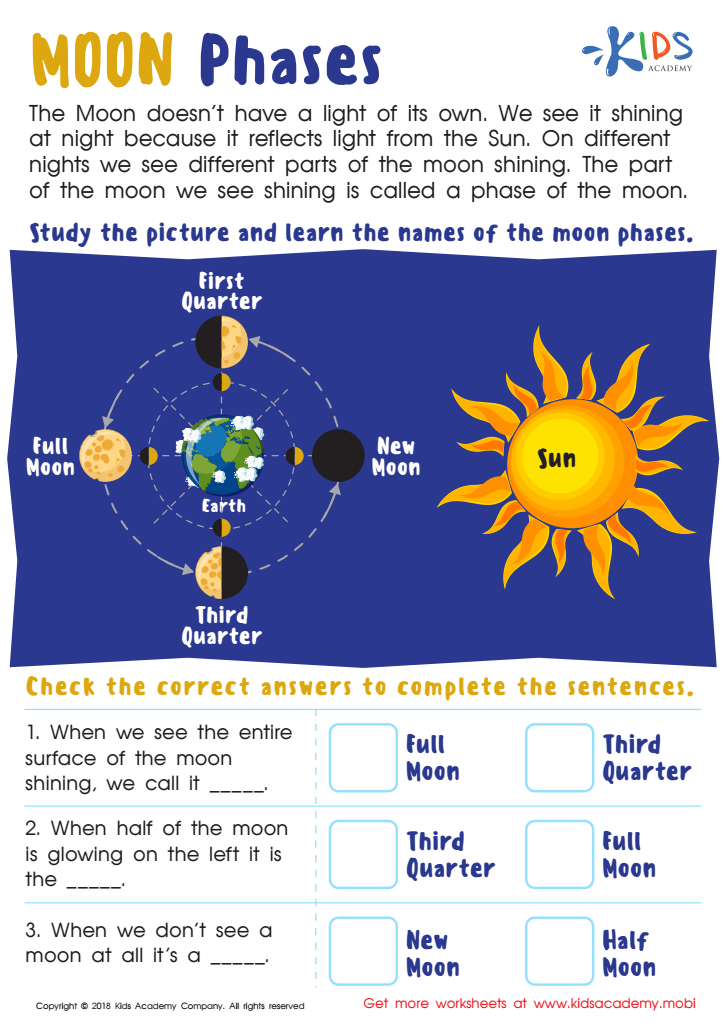

Moon Phases Worksheet
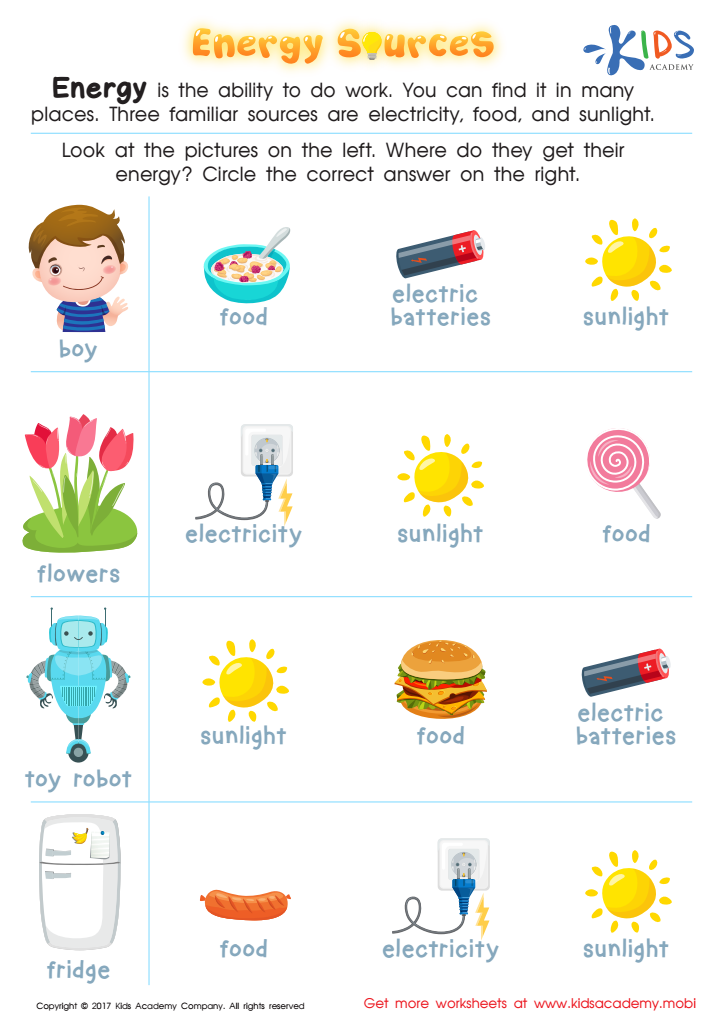

Energy Sources Printable
Parents and teachers should prioritize Knowledge Application in Normal Science because it plays a crucial role in fostering critical thinking and problem-solving skills in students. Normal Science, as described by philosopher Thomas Kuhn, refers to the routine research and practices within a scientific paradigm. Encouraging students to apply knowledge in this context helps them understand the scientific method, making learning more relevant and engaging.
When students can take abstract concepts from the classroom and apply them to real-world situations, they develop a deeper understanding of the material. This application enhances retention, encourages curiosity, and allows students to make interdisciplinary connections, which are essential in today's complex world.
Moreover, fostering knowledge application builds confidence and social skills as students collaborate on projects, share ideas, and learn from each other. In an age where information is readily accessible, the ability to discern, analyze, and apply knowledge is more valuable than ever.
Furthermore, the experience of working through scientific principles promotes resilience, as students learn that making mistakes is a part of the learning process. By focusing on knowledge application, parents and teachers equip students with the skills they need to become informed citizens and lifelong learners.
 Assign to My Students
Assign to My Students






